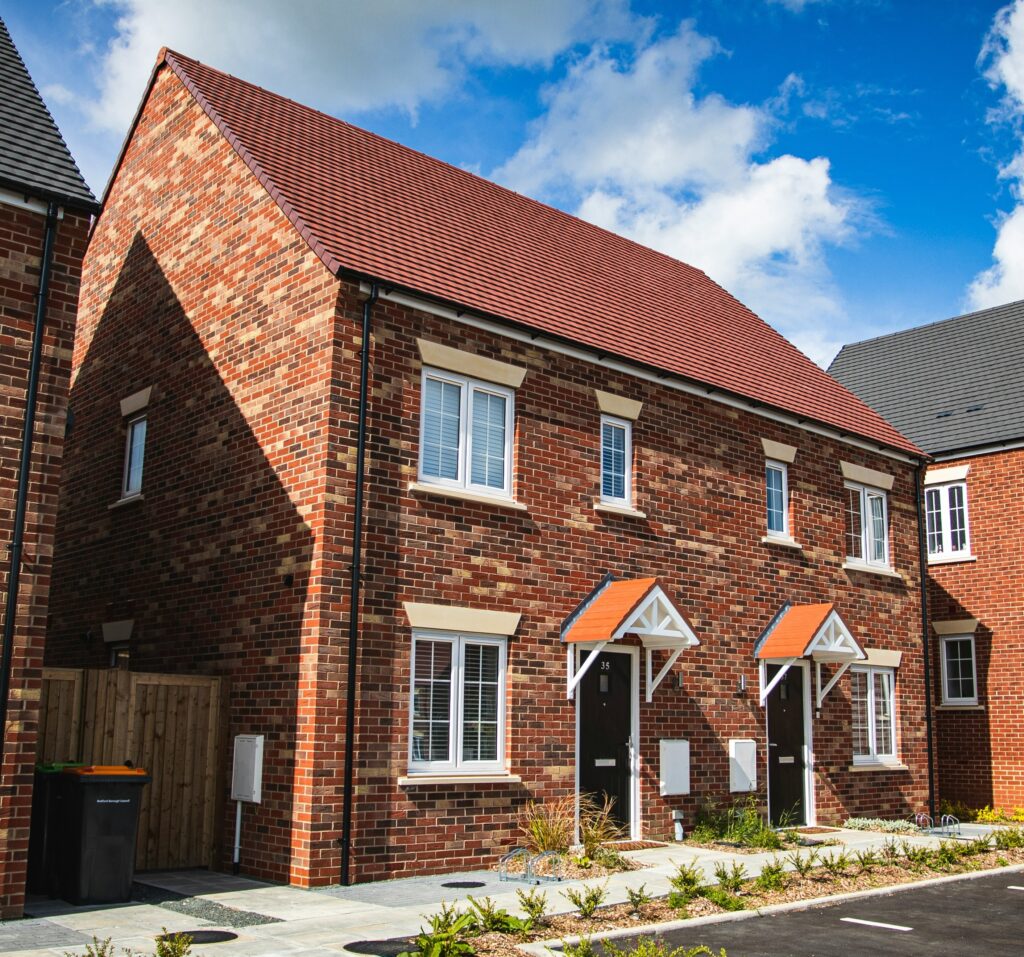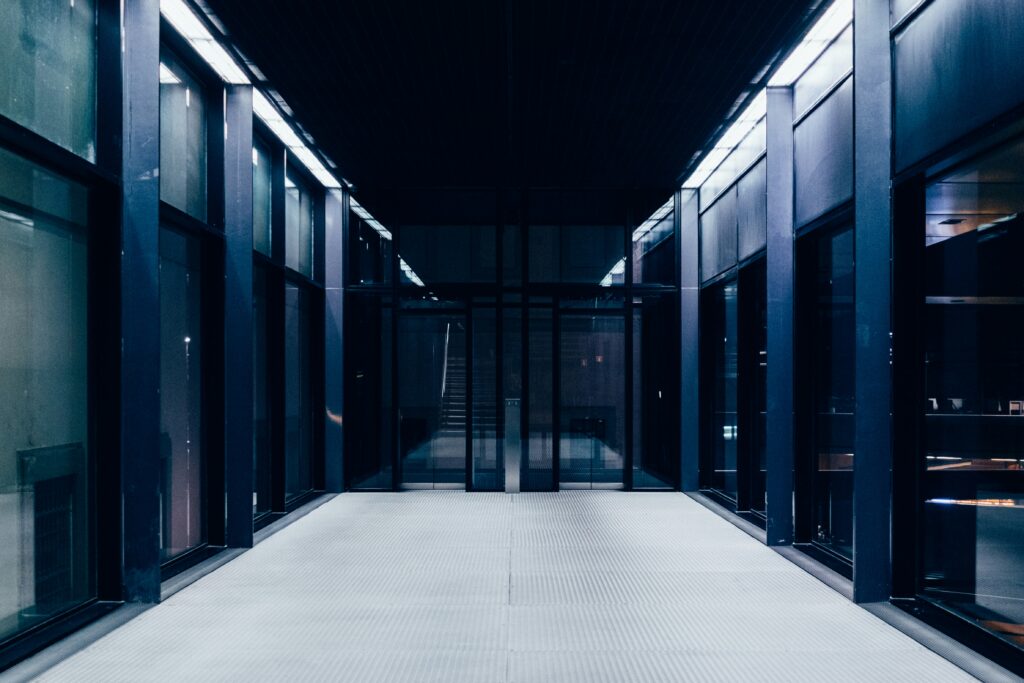Gecina acquires €435m Paris office complex from Germany’s Deka Immobilien
Gecina, the French listed property company, has agreed to acquire a €435 million office complex in Paris’s central business district from Germany’s Deka Immobilien in one of the largest French office repositioning deals of 2025.
The asset, known as “Solstys,” comprises two adjacent buildings totalling 32,200 sq m in the 8th arrondissement, around 120 metres from Saint-Lazare station. The larger building, “Rocher” at 38–46 Rue du Rocher, offers 25,000 sq m and is currently vacant. The second, “Hôtel Particulier” at 19–23 Rue de Vienne, is 7,200 sq m and fully let.

Gecina plans to invest €30–40 million to refurbish the vacant Rocher building over the next 12 to 15 months. It aims to transform it into a fully amenitised business centre targeting multi-tenant leasing.
The property features large 3,000 sq m floor plates, a modern glazed façade, and flexible layouts. Both buildings were built or comprehensively renovated in 2013 and carry environmental certifications, including BREEAM In-Use (Excellent/Good), LEED Gold, NF HQE Rénovation, and BBC (Bâtiment Basse Consommation).
The deal is expected to support Gecina’s income growth without significantly increasing its loan-to-value ratio, which is forecast to remain broadly stable through 2025.
The vendor, Deka Immobilien — the real estate investment arm of Germany’s DekaBank Deutsche Girozentrale — held the property through its open-ended Deka-ImmobilienEuropa fund, having acquired it in 2011. The sale enables Deka to exit a mature core asset amid strong demand for sustainable offices in prime Paris locations.
“This acquisition is fully consistent with our strategy of recycling capital from mature assets into high-potential properties in the most central areas of Paris,” Gecina said in a statement. “It offers strong value creation potential through a refurbishment project tailored to the expectations of our clients.”
The transaction underlines renewed institutional appetite for energy-efficient, well-connected buildings in major European office markets.
ANALYSIS: The Paris office market showed tentative signs of recovery in Q1 2025, supported by a sharp rebound in investment volumes and selective demand for well-located modernised space. While capital is returning, activity remains focused on a narrow segment of the market — namely prime, central stock with refurbishment potential.
Investors deployed €2.4 billion into Greater Paris Region commercial property in Q1 2025 — up 158% year-on-year — according to ImmoStat. This marks a clear shift from the subdued activity of 2023 and early 2024 when quarterly volumes hovered around €0.9 billion. However, the figure remains slightly below the pre-COVID quarterly average of €3 billion, suggesting investor caution persists despite improved sentiment.
Office take-up reached 419,200 sq m in Q1 2025, down 6% year-on-year. Occupiers remain highly selective: prime areas such as the 1st, 2nd and 8th arrondissements posted vacancy rates of 4.5%–5.0%, while other inner districts saw 6.0%–7.0%. Vacancy in La Défense stood at 7.0%–8.0% and outer suburbs registered 8.0%–10.0%.
Prime office yields in Paris’s central business district stood at 3.9% as of 1 April 2025 — down from around 4.2% a year earlier. The compression reflects increased competition for well-located, high-quality buildings with repositioning potential. In La Défense, yields remain higher at 4.0%–4.5%, compensating for weaker location fundamentals and asset-specific refurbishment risk. Compared to other European markets, Paris now sits between London’s tighter yields at 3.0%–3.25% and the higher returns offered by Frankfurt and Amsterdam at 3.75%–4.5%.
Recent deals reinforce the market’s current focus. In May 2025, Gecina acquired the Solstys complex for €435 million, aiming to upgrade the property in line with evolving tenant requirements. BNP Paribas Real Estate sold the “So Pop” office campus near La Défense to Allianz Real Estate for approximately €350 million. Blackstone completed a €600 million-plus acquisition of Paris office assets in March, while Partners Group acquired “Le Quartz” in the 14th arrondissement — all highlighting demand for modernisation and leasing repositioning.
France’s economic outlook remains muted. Revised forecasts from the French government put GDP growth at 0.7% in 2025, while the Banque de France expects inflation to ease to around 1.3%. While labour reforms have marginally improved workforce flexibility, frequent industrial action and weak consumer sentiment continue to weigh on business confidence. This constrains occupier expansion and makes Paris rely more on defensive leasing strategies than broad-based growth.
Investors are concentrating on prime and core-plus assets, accepting lower yields for location and quality. Occupiers are consolidating into efficient, central buildings rather than increasing space. Developers face a pipeline constraint, with limited new supply in central zones likely to support further rental growth in select assets.
Q1 2025 data point to a partial and uneven recovery in the Paris office market. While institutional capital is returning, it remains focused on a narrow slice of the market. Occupier activity is stable but cautious, with demand skewed toward modern, central space. Against a weak macro backdrop, further momentum will depend on the continued outperformance of well-positioned buildings and any meaningful improvement in economic conditions.



